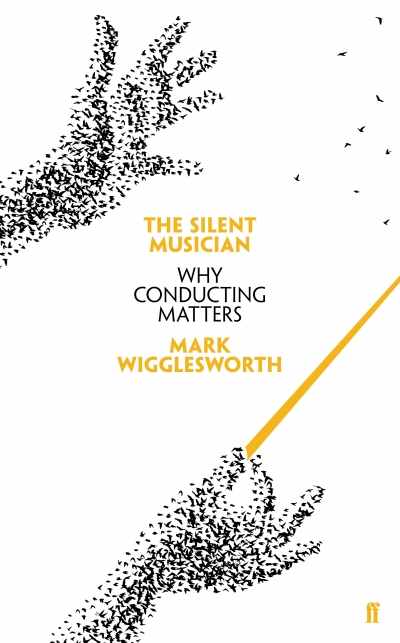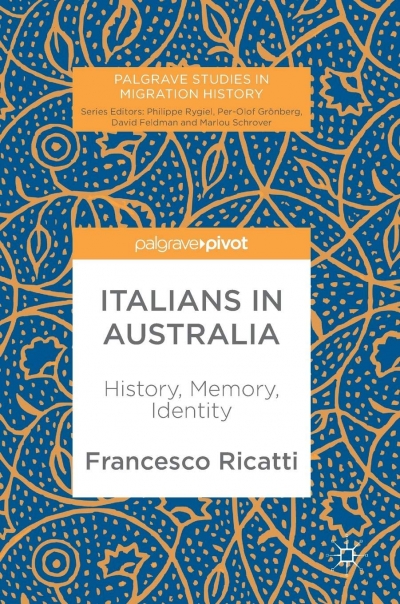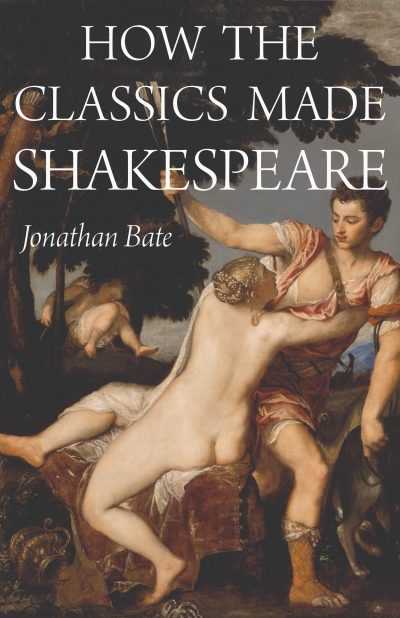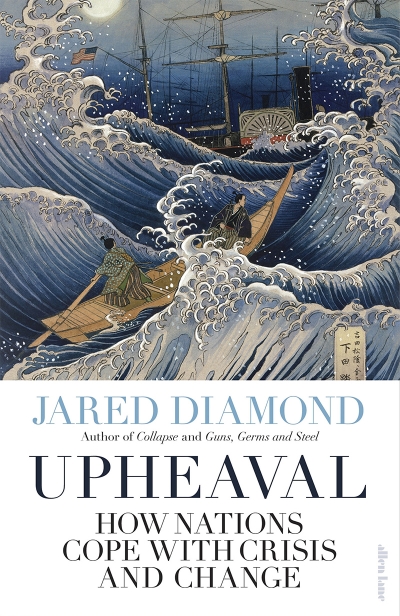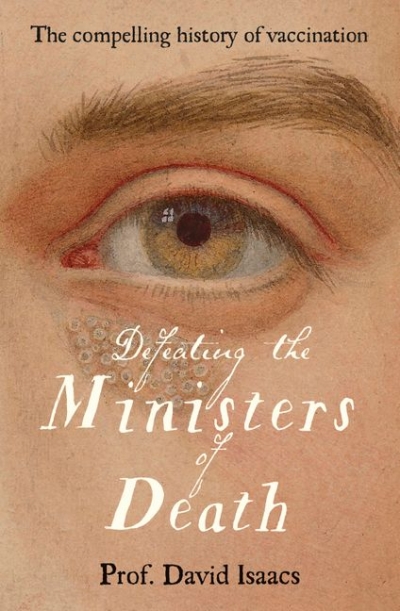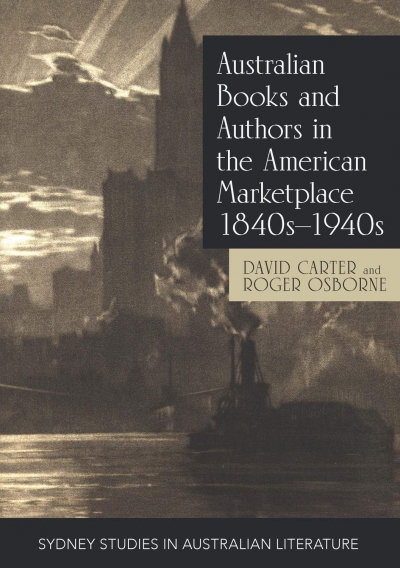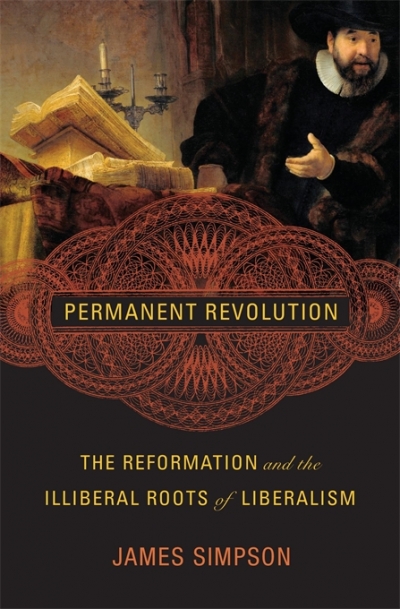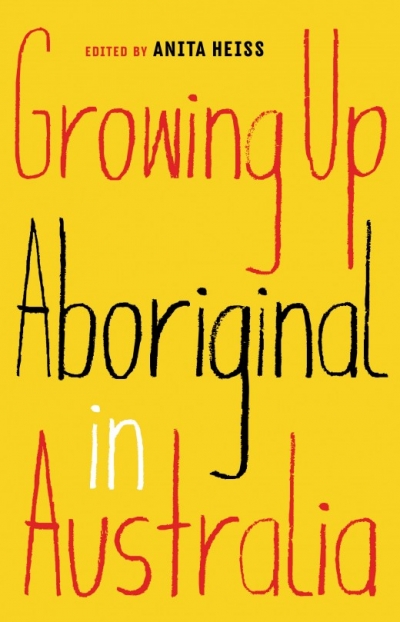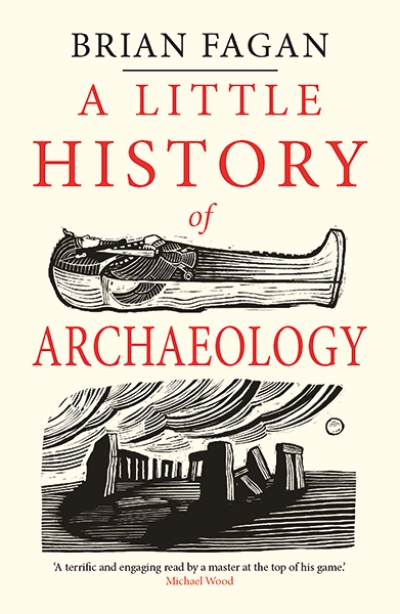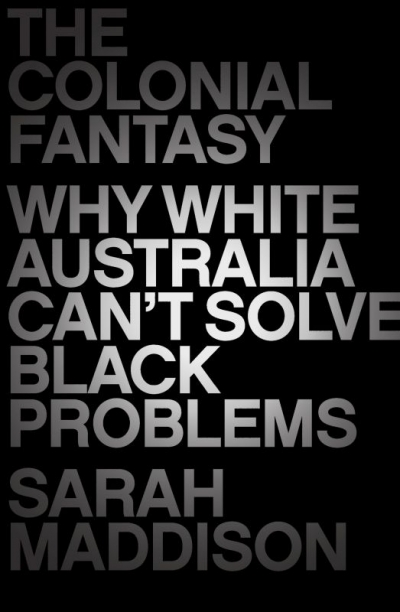Non Fiction
The Silent Musician: Why Conducting Matters by Mark Wigglesworth
Of all the tributary footage screened in the days following the death of Bob Hawke, one short sequence jarred. In it, Hawke conducts the Sydney Philharmonia Choirs and orchestra in the ‘Hallelujah Chorus’ from Handel’s Messiah, jerking and twitching in response to ...
... (read more)Italians in Australia: History, memory, identity by Francesco Ricatti
In its interrogation and negotiation of contemporary theoretical frameworks and practices at the core of the Italian–Australian migration complex, Francesco Ricatti’s comprehensive study offers a fresh and lucid understanding of the interrelation of core issues and processes affecting ...
... (read more)Ben Jonson famously derided Shakespeare’s grasp of ‘small Latin and less Greek’, and vocal sceptics in our own time refuse to believe that a grammar-school education was sufficient to enable the man from Stratford to write the plays attributed to ‘Shakespeare’ ...
... (read more)Individuals have crises; dealing with them sometimes makes a person stronger. Perhaps nation-states are similar: crises make them stronger and better. But is humanity as a whole like this? This question is raised but not answered in Jared Diamond’s Upheaval ...
... (read more)Defeating the Ministers of Death: The compelling history of vaccination by David Isaacs
In the early eighteenth century, smallpox inoculations were introduced to England and promoted by the charismatic Lady Mary Wortley Montagu, one of the many scintillating characters in David Isaacs’s outstanding book Defeating the Ministers of Death ...
... (read more)Australian Books and Authors in the American Marketplace 1840s–1940s by David Carter and Roger Osborne
While working in the London advertising world in the late 1960s, Peter Carey sent his stories to a leading New York literary magazine, Evergreen Review, only to be unimpressed by another rejection ...
... (read more)Permanent Revolution: The reformation and the illiberal roots of liberalism by James Simpson
The argument of James Simpson’s Permanent Revolution is that the emergence of liberalism as a cultural and political category in the sixteenth and seventeenth centuries was shaped by the ‘radically illiberal history of ...
... (read more)The late historian Patrick Wolfe did not pull any punches when he wrote that colonialism seeks to eliminate and replace the Indigenous cultures holding sovereignty over the lands and resources that colonisers wish to claim ...
... (read more)As the old saying goes, one should never judge a book by its cover; however, the instantly recognisable iconography on the cover of A Little History of Archaeology does provide an insight into this book’s content ...
... (read more)The Colonial Fantasy: Why white Australia can’t solve black problems by Sarah Maddison
‘Fuck Australia, I hope it fucking burns to the ground.’ Sarah Maddison opens this book by quoting Tarneen Onus-Williams, the young Indigenous activist who sparked a brief controversy when her inflammatory comments about ...
... (read more)

